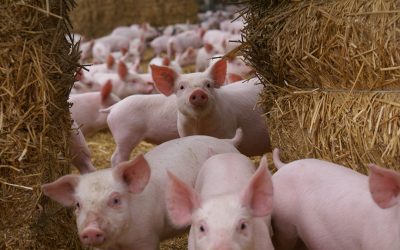EFSA updates advice on environmental safety of GM maize 1507
The European Food Safety Authority (EFSA) has updated its scientific advice on the environmental safety of genetically modified maize 1507.
The Panel on Genetically Modified Organisms (GMO) concludes that maize 1507 (Pioneer) is unlikely to raise a safety concern for the environment as long as appropriate management measures are implemented during cultivation.
The GMO Panel recommends measures to address possible resistance in target pests to the insecticidal protein found in maize 1507 and to reduce the risk of exposure to the plant’s pollen for certain highly sensitive species of non-target butterflies and moths.
The EFSA GMO Panel first carried out a risk assessment for maize 1507 in 2005 and has since published several related scientific assessments of its safety.
The Panel recognised the need to update its previous scientific opinions in light of recent advances in methodology and new scientific literature and thus initiated a reassessment of its environmental safety.
Maize 1507 is a genetically modified plant developed to express an insecticidal protein that protects it from certain ‘target’ Lepidoptera pests, for example the European corn borer.
EFSA’s GMO Panel concluded that the development of resistance in target pests to the insecticidal protein found in maize 1507 could have an adverse effect on the environment.
This adverse effect on environment would result from the pest control practices needed to manage insects resistant to maize 1507.
Therefore, and in line with its risk assessment from 2005, the Panel has made a series of recommendations to improve the management and monitoring of maize 1507 in certain cultivation conditions.











